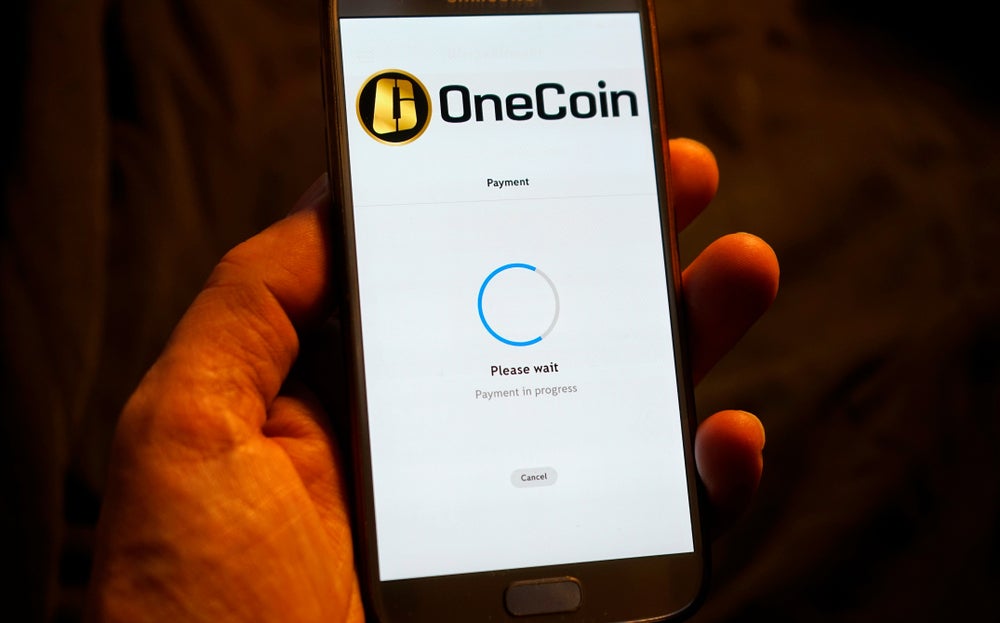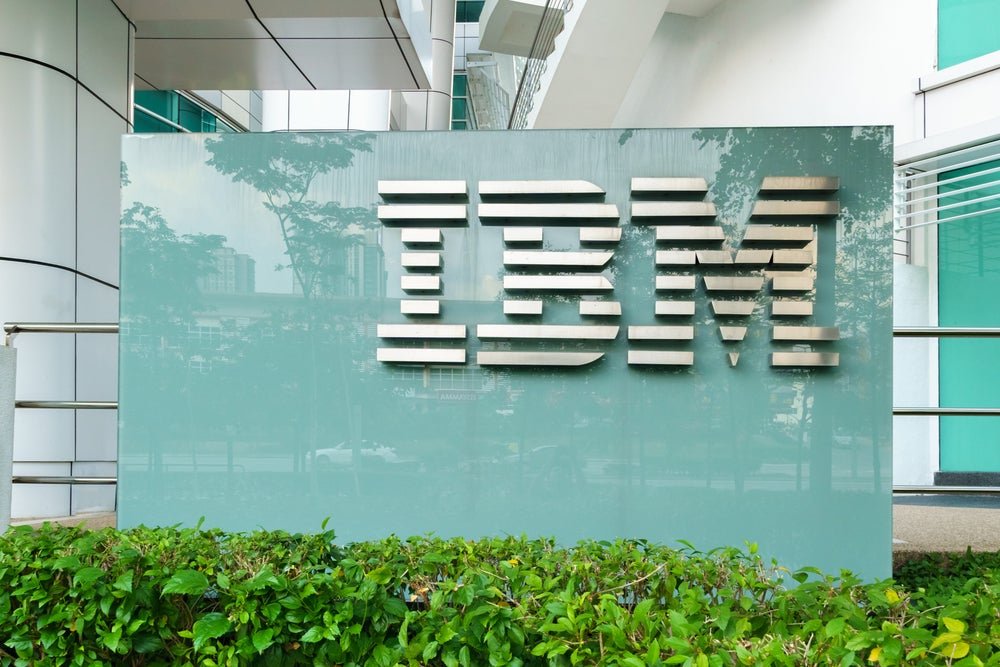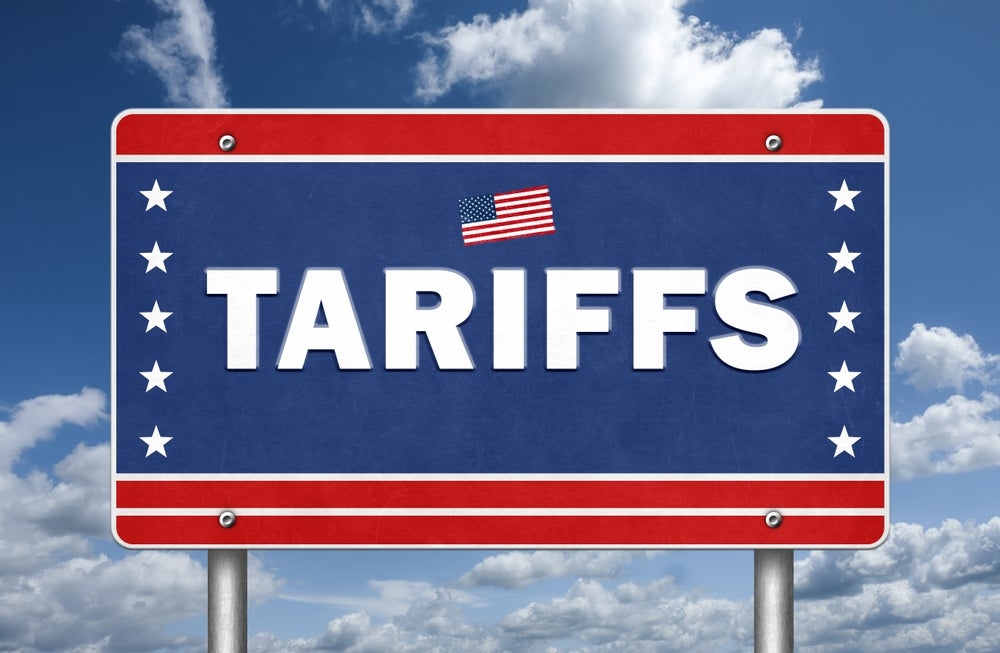
The Bank of New York Mellon (BNY Mellon) allowed transactions worth a total of $137m connected to OneCoin, the FinCEN files leak has revealed.
Founded by Ruja Ignatova, OneCoin claimed to be a new digital currency, but it was later discovered that the currency was fake and OneCoin was accused of being a Ponzi scheme. OneCoin has denied these allegations.
A Ponzi scheme is a scam in which investors receive money paid in by other newer investors, rather than from an actual product or enterprise.
In March 2019, the US Justice Department charged Ignatova with conspiracy to commit wire fraud, securities fraud and money laundering.
It is believed that around £4bn was raised globally by OneCoin before the exchange was shut down in 2017.
According to the International Consortium of Investigative Journalists (ICIJ), which broke the news of the FinCen files with BuzzFeed News, the BNY Mellon flagged a number of suspicious payments by a network of OneCoin-associated companies. The bank said that the companies appeared to be engaging in “layering”, a technique where multiple transactions take place in order to disguise where the money originated.
For example, a 2016 “loan for CryptoReal” was sent from Fenero Equity Investments from its account at DMS Bank & Trust. This was then sent to BNY Mellon before being wired to another client. In a report, BNY Mellon wrote that Fenero “received wires from shell entities associated with OneCoin.”
In a statement to the ICIJ, BNY Mellon said it “takes its role in protecting the integrity of the global financial system seriously, including filing Suspicious Activity Reports. As a trusted member of the international banking community, we fully comply with all applicable laws and regulations, and assist authorities in the important work they do”.
What are the FinCEN files?
The FinCEN files consist of over 2,500 files sent to the Financial Crimes Enforcement Network, a bureau of the United States Department of the Treasury that investigates financial crimes such as money laundering. Banks are required to send reports to the bureau if they suspect a client may be behaving suspiciously, but this is not necessarily evidence of wrongdoing.
The files were sent to the department by financial institutions around the world between 1999 and 2017, including 2,121 Suspicious Activity Reports (SARs), amounting to $2tn in transactions.
Obtained by BuzzFeed News in 2019, the documents have been analysed by the ICIJ.
The ICIJ found that financial institutions including JPMorgan, HSBC, Standard Chartered Bank, Deutsche Bank and BNY Mellon had “defied money laundering crackdowns by moving staggering sums of illicit cash for shadowy characters” despite warnings from US officials, suggesting banks have not done enough to curb financial crime.
If a financial institution has evidence that a client is carrying out criminal activity, they are required to stop them from moving money. However, the ICIJ said that the leaked files show “banks blindly moving cash through their accounts for people they can’t identify, failing to report transactions with all the hallmarks of money laundering until years after the fact, even doing business with clients enmeshed in financial frauds and public corruption scandals.”
Verdict has contacted OneCoin for comment.
Read More: Marqeta: Fraudsters are “thriving” during Covid-19 pandemic.







